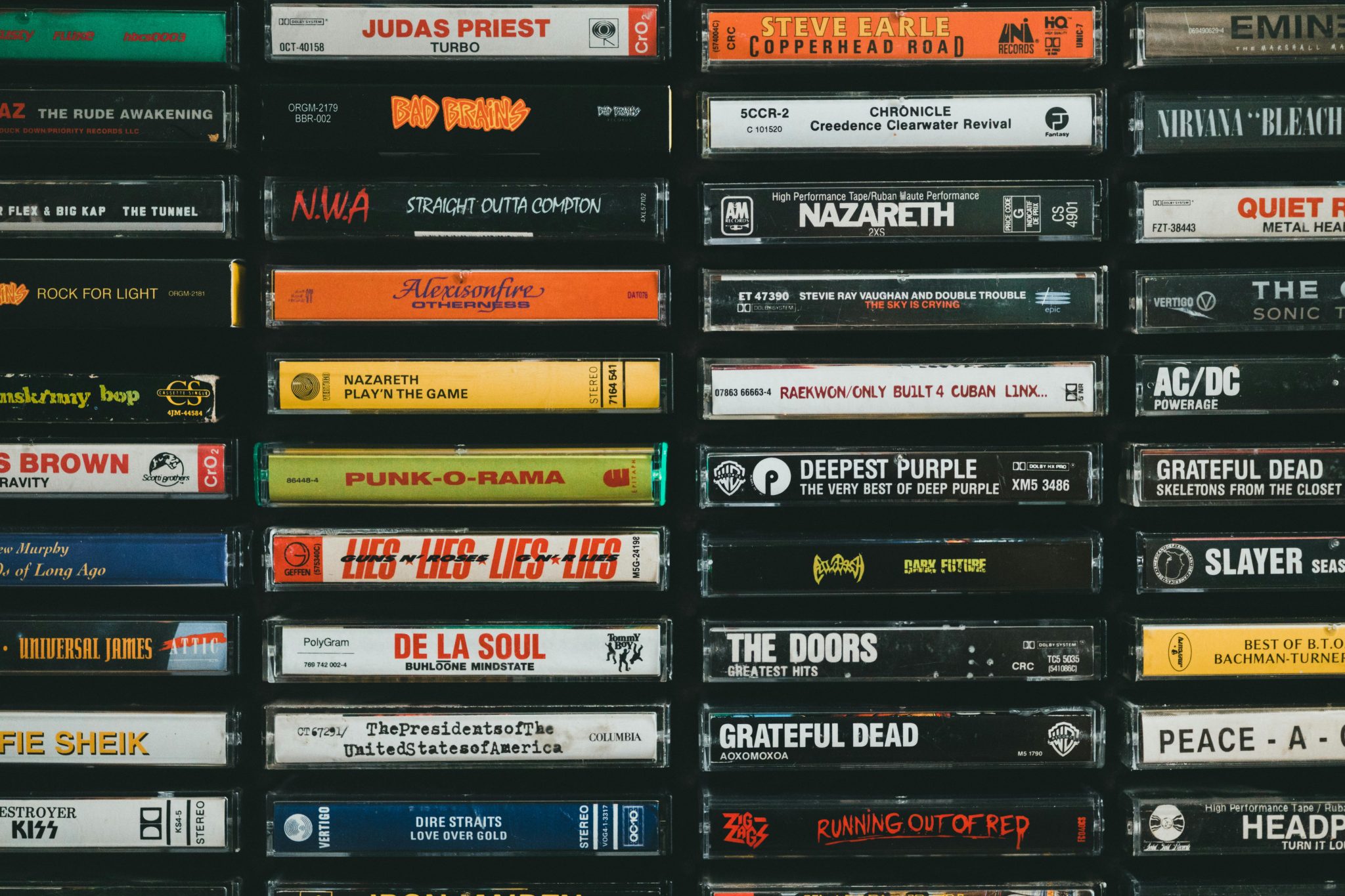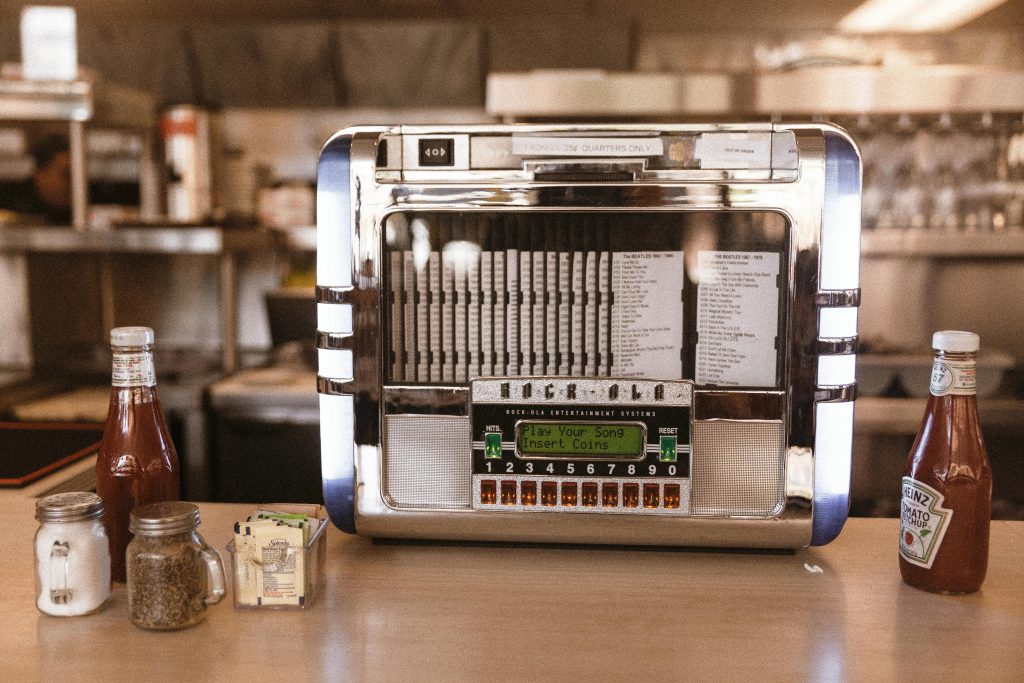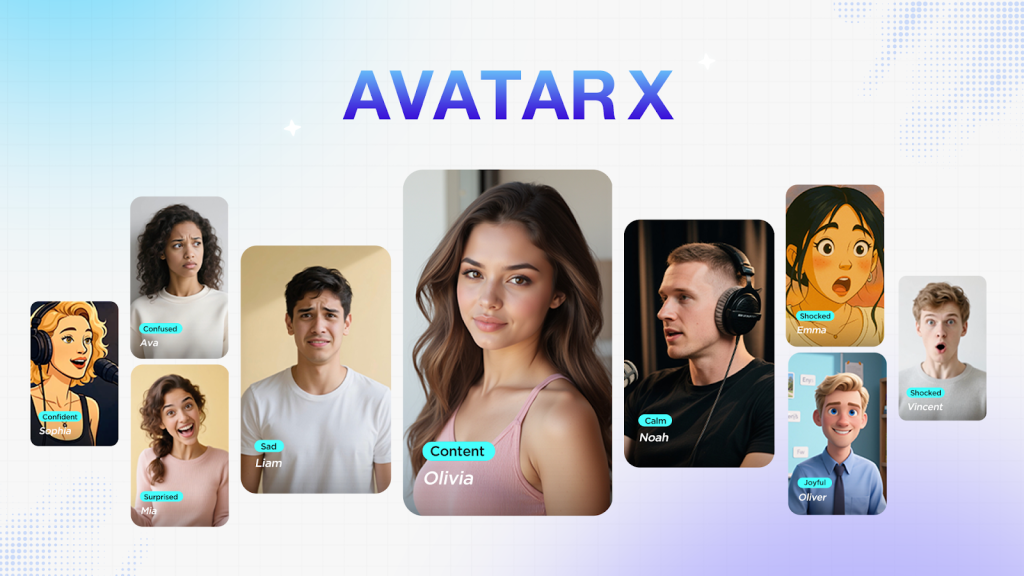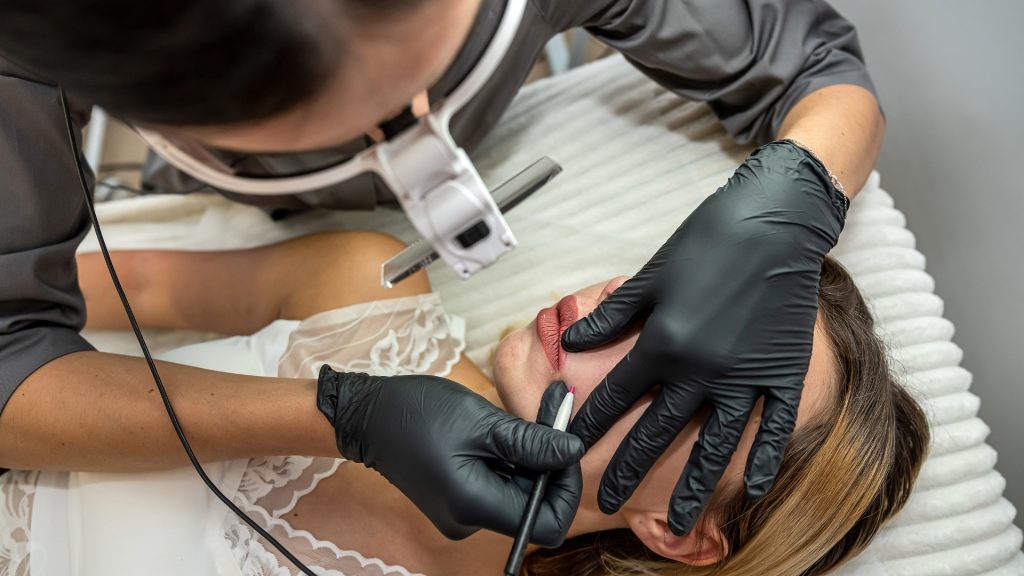Music plays a big role in shaping your restaurant’s vibe. Whether it’s chill jazz or upbeat indie tracks, the right playlist sets the tone, keeps diners relaxed, and makes your space more memorable.
But can you just plug in a phone and stream your favorite playlist? Here’s what every new restaurant owner should know about music licensing.
Why Music Licensing Matters in Restaurants
When you play music in a public place, it counts as a public performance. That means you need permission from the people who own the rights to the music.
Music usually has two separate copyrights: one for the composition and one for the recording. You need a license for both parts.
Restaurants that use music wisely can boost customer satisfaction and even increase revenue. In fact, one study showed a 9.1% increase in sales when restaurants played brand-appropriate licensed music.
Legal Requirements: When Is a License Needed?

The U.S. Copyright Act of 1976 covers public performances. Playing music in a restaurant falls under this law, whether it’s from a speaker, a DJ, or a live band.
Streaming services like Spotify or Apple Music are only licensed for personal use. If you’re using them in your business without a license, you’re breaking both their terms and copyright law.
There are a few exceptions. If your restaurant is under 3,750 square feet and you’re only playing radio or TV (not charging admission), you might qualify for an exemption. But in most cases, playing music through speakers requires proper licensing.
Types of Licenses and Where to Get Them
To stay legal, you’ll need licenses from Performing Rights Organizations (PROs). These include:
- ASCAP
- BMI
- SESAC
- GMR
Each organization covers different catalogs. To cover all your bases, you can either license music from each PRO or use a commercial music service that bundles the rights.
Consequences of Playing Music Without a License
If you play music without the right license, you could face serious fines. Copyright owners can charge between $750 and $150,000 per song. And yes, they can and do sue.
There have been many cases where restaurants were hit with lawsuits simply for streaming music without a license. Even small venues have been penalized.
On top of the legal costs, you could take a hit to your reputation. Customers and artists expect businesses to respect creative work.
How to Stay Compliant: Practical Steps for Restaurant Owners

The simplest way to stay on the right side of music licensing laws is to use a commercial music service built for businesses. These platforms handle all the necessary licensing through PROs like ASCAP, BMI, SESAC, and GMR, so you’re fully covered from day one.
You won’t need to chase down multiple licenses or worry about which tracks are protected. Everything is bundled into one easy-to-manage system made for public spaces, especially useful when managing background music for restaurants.
Look for services that offer curated stations, custom playlist creation, and scheduling tools so you can tailor your music to match different parts of the day. Whether it’s a mellow lunch set or a livelier dinner mix, you can control the mood without manual changes.
If you operate more than one location, choose a solution that lets you manage background music across all sites from a single dashboard. This saves time and helps deliver a consistent experience to every guest, no matter where they dine.
In short, using a licensed business music platform designed for background music in restaurants gives you legal peace of mind, better control, and a stronger connection with your customers. It’s a small monthly cost with big benefits.
Final Notes on Music Licensing
Music adds a lot to the dining experience, but it comes with legal responsibilities. If you’re playing music in your restaurant, make sure you have the right license.
It’s the best way to avoid fines, support the artists you enjoy, and create a great experience for your guests. Talk to a licensing service or legal advisor if you’re unsure. Better safe than sorry.





















